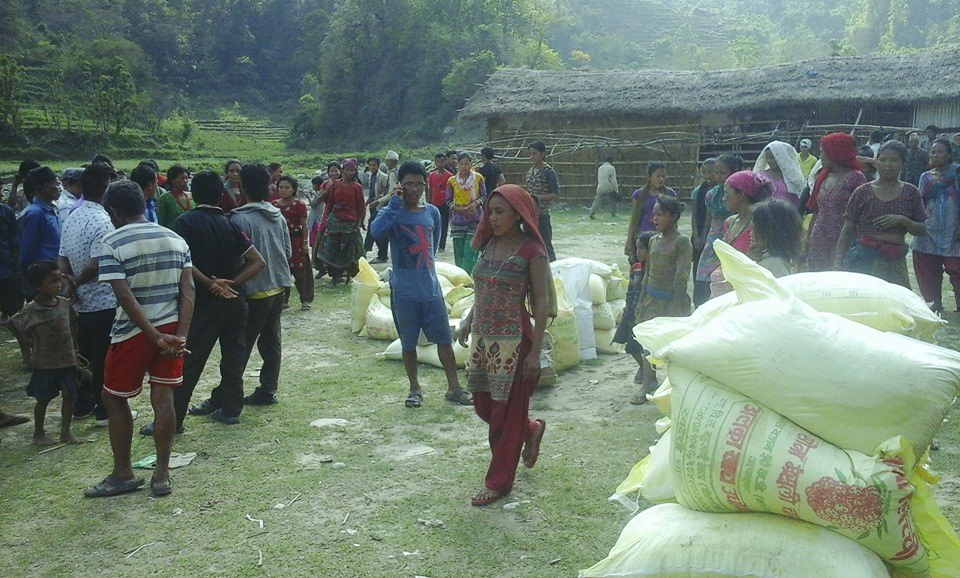This call to action was written by Adriana Garriga-López, Ph.D. (Kalamazoo College), and Shir Lerman, M.A., M.P.H., PhD Candidate (University of Connecticut), with Jessica Mulligan, Ph.D. (Providence College), Alexa Dietrich, Ph.D., M.P.H. (Wagner College), Carlos E. Rodríguez-Díaz, PhD, MPHE, MCHES (University of Puerto Rico), and Ricardo Vargas-Molina, M.A. (University of Puerto Rico). The authors are members of the Society for Medical Anthropology’s Zika Interest Group.
_______
We write out of our shared concern over the current Zika virus epidemic in Puerto Rico and the Caribbean in the hopes of making useful interventions. Because of Zika’s adverse effect on fetal development and potential link to Guillain-Barré syndrome, the virus poses serious concerns for public health. The World Health Organization declared a Public Health Emergency in Brazil following the outbreak of microcephaly and Guillain-Barré syndrome cases, strongly suspected to be associated with Zika.
Puerto Rico is already in a state of political-economic emergency, while burdened with a preexisting Chinkungunya epidemic, as well as endemic Dengue virus. All three viruses share the same mosquito vector, Aedes aegypti. In late January 2016 an influenza epidemic was also declared on the island.
Because the main vector is an anthropophilic (domestic) mosquito, well adapted to the human made environment in areas where there are multiple opportunities for water to collect, we find the issue of access to clean water and waste management (especially plastic) to be of great urgency and importance in containing viral spread. We call on the government, as well as agricultural corporations and water-intensive industries in Puerto Rico to share responsibility for the ecologically sustainable restructuring and management of the public water systems, especially in view of the historic drought of 2015 on the island, during which Puerto Ricans suffered unprecedented water shortages for several months. Continue reading
